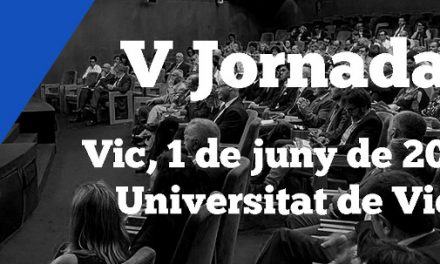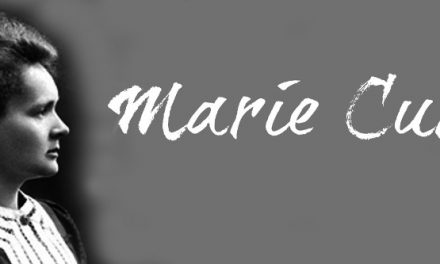Are the financial statements prepared today actually meeting the objectives defined in the new conceptual framework of international accounting standards? Can the financial statements provide the information contained in the other reports so that they have the global content required by the users? Are accounting professionals able to consider the information contained in the other reports in the process of issuing financial statements? These are the questions asked by Frederic Borràs, corresponding academician of the Royal European Academy of Doctors-Barcelona 1914 (RAED), in his study “El reto de mejorar la calidad de la auditoría” (The challenge of improving the quality of the audit), presented at the III International Act of the RAED with the aim of giving them a satisfactory answer.
Recognized auditor, former member of KPGM, chairman of the board of directors of Morera Asesores & Auditores and member of IECnet’s international board of directors, Borràs believes that today’s auditors face the challenge of taking a further step in producing reliable reports on the economic reality of any society that reduce the so-called gap of expectations generated by investors. “Investors use a wide range of financial and non-financial information to evaluate the progress of a company, its financial situation as well as its future prospects, and very little of this information is provided by the audited financial statements”, he says.
Beyond strict compliance with the Audit Quality Indicators prepared by the International Auditing and Assurance Standards Board, Borràs asks for the involvement of professionals and audits to take that leap forward. “Auditors and audit committees have an opportunity to broaden their scope beyond financial statements to increase their reliability and reduce the gap of expectations. A transformational change is needed to ensure that confidence in the financial information that is leading the capital markets and that the audit remains relevant.A fundamental transformation will only be successful if all the parties involved in the financial information system are committed, support this transformation and revalue their respective roles and responsibilities”, he says.

Dr. Frederic Borràs Pàmies
Because above all the rules and guidelines, the academician insists that it should be the auditor who tries to perform in the most honest and rigorous manner with his work. “When accounting policies are applied and their professional judgment, accountants should be able to consider risk information, internal control and corporate governance, sustainability… Use data analysis techniques and evaluate the use and transformation of firms, not only financial capital, but also industrial, intellectual, human, social and natural capital -reflects Borràs-. The challenges of accounting professionals in the context of a complex and changing global regulatory framework are enormous and require a constant process of professional updating. This is undoubtedly the best thing that can happen to us as professionals: being part of a world that requires us to evolve to create value for our customers, the markets and the society to which we belong”.




